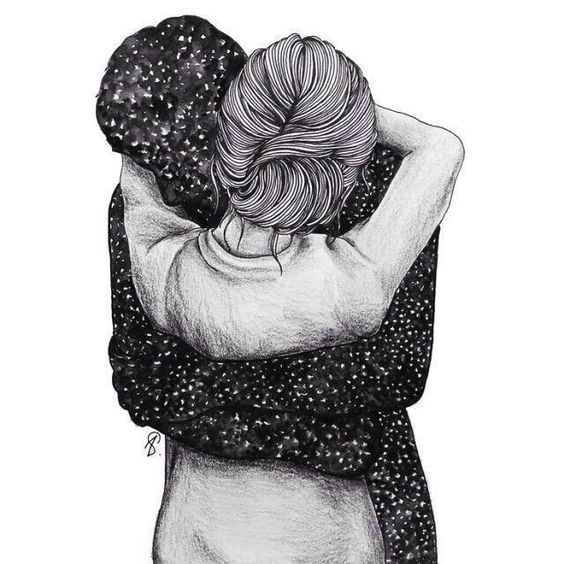[et_pb_section admin_label=”section”]
[et_pb_row admin_label=”row”]
[et_pb_column type=”4_4″][et_pb_text admin_label=”Text”]It’s tempting. I know. When you walk into Zara or H&M, the colors, the variety, the prices—it seems that they genuinely have something for everyone no matter how you define your style. The success of fast-fashion brands has grown exponentially since the late 90’s, however, it is a universally accepted truth that ethical consumption is becoming more and more difficult, as mass consumerism has led to companies aiming to produce as much as possible with the lowest cost.
Undeniably, this ethos leads to devastating repercussions for our planet, for others and perhaps even for ourselves. In this article I will try to shed some light on exactly why retail is way worse than we think, and what we can do about it.
Let’s start with one of the most infamous reasons as to why you should ditch fast fashion—sweatshops. The exposeé documentary The Big One by Michael Moore unmasking the athletic apparel giant Nike and its CEO Phil Knight in 1997 was the first to draw global attention to sweatshops. Since then, hundreds of corporations have surfaced which move their production offshore for cheap labour. These include Gap, ASOS, Forever 21, Primark and Victoria’s Secret. Whenever you see a label on a garment that says Made in Turkey, Bangladesh or Thailand, you can soundly question the conditions under which it was made and how little workers received compared to what you are about to pay. Unfortunately, the problem isn’t just sweatshops. Most of the clothing produced by these brands contains non-organic cotton, which is fabricated using toxic chemicals such as bleach and carcinogens which cause grave health hazards for workers. These effects lead to our second argument: a disastrous effect on the environment.
The toxic byproducts from cotton fields lead to a process called eutrophication which causes an overgrowth of plants and algae in water making it uninhabitable for wildlife. As if this is not enough, the United Nations Economic Commision for Europe estimates that in order to make one cotton T-shirt, almost 3000 liters of water are needed. Finally, since those clothes are produced halfway across the world, you contribute to a massive carbon footprint thanks to the distance the clothing must be shipped in order to get to Europe. In fact, the textile industry contributes more greenhouse gas emissions than the international shipping and aviation industries combined, according to the Ellen Macarthur Foundation. When you think about these consequences, it becomes self-evident that the resulting damage is not worth the product, which is often of low quality.
Clothes and accessories we purchase from these industry moguls are considerably low quality, as anyone who has ever bought a necklace or bag from H&M can tell you. The materials are made for cheap, put together quickly and carelessly and, although it is cheaper, in the long run the money you save comes back to bite you when you have to purchase the item again as soon as it disintegrates, which it undoubtedly will. In her book Cheap: The High Cost of Discount Culture, Ellen Ruppel Shell argues that it’s not just the fact that the clothes fall apart, but that we expect them to. We do not buy them expecting to wear them when we are 30 years old, but cheap does not mean free, and the money we spend replacing these items adds up to more or less the same as if we were to buy an expensive alternative.
So, fast fashion is bad for the workers that make the clothes and the environment. If you’re still thinking along the lines of “so what, those issues are far from my immediate view and the effects on the environment don’t directly affect my lifestyle,” the final argument is this: It. Is. Boring. If we all buy our clothes from the same place and we all dress the same, fashion loses its purpose of being a leeway to freedom of expression and individuality. It’s true that well-known retailers copy their designs from the work of independent small-time designers so technically the designs were original and creative, but mass producing and distributing them strips away their originality, and yours. Therefore, it is my urgent plea to IE students (not to cut out and throw away everything you have from Zara, but) to think twice the next time you’re tempted to go on a shopping spree…[/et_pb_text][/et_pb_column]
[/et_pb_row]
[/et_pb_section]







